The Experienced Personal Injury Lawyers You Can Trust
If you’ve been hurt due to someone else’s negligence, you could be in the awful position of working to rebuild your life. Personal injury cases exist to give victims a means by which to redress negligence through civil litigation. Our legal system exists to right wrongs and to hold accountable at-fault parties. Injuries can lead to serious medical expenses and life-changing financial ruin. If another party’s irresponsible actions caused your injuries, you shouldn’t be left alone to rebuild your life without a means to seek justice. At Morris, Andrews, Talmadge & Driggers, LLC (MATD), our attorneys have a combined 130 years of experience helping people just like you who’ve been injured by the negligent actions of someone else. Our firm has the means to investigate your case and find the evidence you’ll need to prove your claim.
For a free consultation, call Morris, Andrews, Talmadge & Driggers, LLC injury attorneys today at (844) 654-6228.
Providing Legal Assistance for Every Personal Injury
With our many years of experience, the legal team at MATD is ready to help the residents of Carrollton and the surrounding community to fight for the compensation they deserve. Personal injury cases can range from complex to straightforward, and you need an attorney who understands how to navigate the legal system on behalf of their clients.
Our skilled and knowledgeable attorneys can help you build a case for any personal injury claim, including:
- Business Litigation
- Car accidents
- Defective product accidents
- Drunk driving accidents
- Insurance Bad Faith
- Motorcycle accidents
- Nursing Home Abuse
- Pedestrian accidents
- Premises Liability
- Social Security Disability
- Workplace accidents
- Wrongful Death
You have options if you’ve been involved in any personal injury accident caused by someone else’s negligence. Our experienced attorneys can help you file a claim against the negligent party to address your injuries and hold them accountable.
We Can Help You Calculate Damages in Your Personal Injury Case
The goal of a personal injury case is to help you seek compensation for damages you’ve suffered that was not your fault. When you experience an injury, you have economic and non-economic losses. Economic losses are those that can be directly compensated because they’re expenses incurred by the victim. Examples of economic losses or damages include expenses like lost wages, medical bills, prescriptions, and travel costs to medical appointments. In addition to these straightforward losses and damages, you have also experienced non-economic damages, like the impact of your injury on your career advancement or ability to seek employment. Depending on the severity of your injuries, you could also have mental health challenges caused by your accident. It can be difficult to calculate non-economic losses, so it’s important to have an attorney who understands how personal injury cases are constructed. The attorneys at Morris, Andrews, Talmadge & Driggers, LLC are the legal team you want to help you build your case!
Call the Carrollton Personal Injury Attorneys at Morris, Andrews, Talmadge & Driggers, LLC Today
At Morris, Andrews, Talmadge & Driggers, LLC, we offer free consultations, so clients can meet with our attorneys to discuss the details of their cases and determine how best to proceed. Our attorneys will help you fight for just compensation to cover your losses and help you recover from the pain and financial setbacks you’ve suffered. If you’ve been injured, now is the time to work with an attorney to seek justice! We will help you gather the evidence needed to prove your case and fight for the compensation you deserve.
Our team is always available to help you! If another’s negligence has harmed you, contact us online or call our Carrollton personal injury lawyers at (844) 654-6228.

